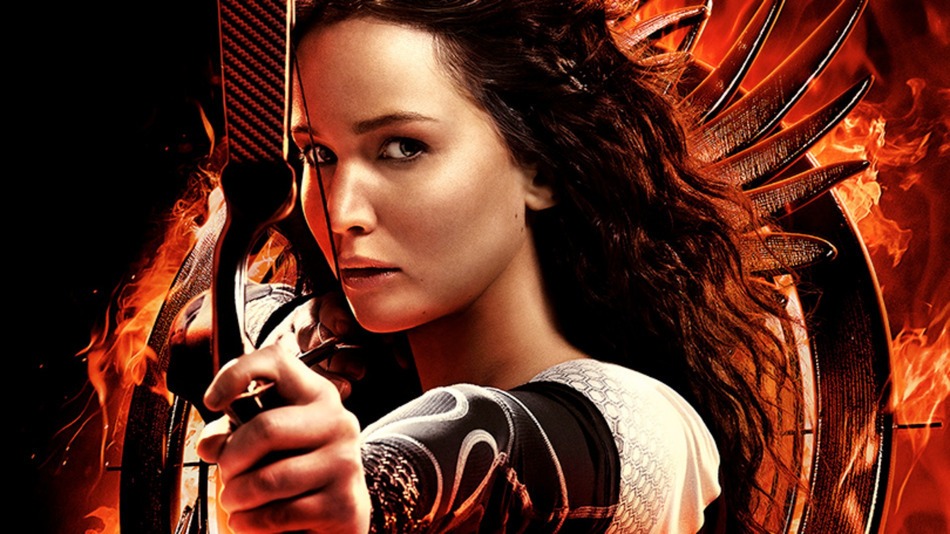A good writer can draw you into a world which is so utterly different to the one outside your window and make you believe there are aliens, dragons, time travel – you too will believe a man can fly…
As readers or viewers we give up more than just our time, we give up something that Samuel Taylor Coleridge described way back in 1817 – the willing suspension of disbelief.
What is true of poetry is equally true of other form of arts but it comes with a caveat which I can’t find better expressed than this: “You can ask an audience to believe the impossible, but not the improbable.”
Once that trust is breached then it is nearly impossible to win them back.
When it comes to historical romance or historical fiction, people in good faith may agree to disagree about the date of an item of clothing, a dance, a first use of a word or a phrase or even a birth date. Not everyone is a historian and not everyone prizes historical accuracy.
Often, and this is so much the case in historical romance, if it sounds right, then the reader will accept it as part of the story – especially if the characters are engaging.
And there’s the rub.
Continues after break
[/vc_column_text][/vc_column][/vc_row][vc_row padding=”0″][vc_column width=”1/2″][vc_single_image image=”2579″ img_size=”full”][/vc_column][vc_column width=”1/2″][vc_column_text]
Free Books?
Just click the link below:
[/vc_column_text][mk_button corner_style=”rounded” size=”medium” url=”http://box5218.temp.domains/~lizabga3/index.php/homepage/book-club/” target=”_blank” align=”center” margin_top=”6″ animation=”fade-in” bg_color=”#ff0202″]Join Now! [/mk_button][/vc_column][/vc_row][vc_row padding=”0″][vc_column][vc_column_text]
“Ever had the feeling you wanted to go, ever had the feeling you wanted to stay. Stay. Go.” (with apologies to Jimmy Durante)
Fiddle with history as much as you like, but never mess with human nature – that is the surest way of destroying that gossamer thread that connects the reader or viewer from their world and into yours.
In the world of romance, one of those deal breakers is the ‘too stupid to live’ heroines.
She’s the one who runs off with the villain that even blind freddie could have picked. She’s the one who makes a dumb decision that endangers her life and that of the hero, or (and this is my favourite), she mouths off the bad guys who would just as soon slit her throat for no other reason other than… well, I don’t know the reason, there is no reason, it’s just stupid.
Which, ah brings me to Outlander.
Yes, yes, yes I know we’re half way through the second season, but last month I finally got around watching the first episode of the first season.
I didn’t like it.
I’m sorry Outlander fans. I wanted to like it so much, but I couldn’t.
The conceit of Outlander is there are magic time travelling portals from the standing stones in Scotland and other conveniently placed locations around the world. I can buy that.
What I couldn’t buy was the heroine Claire.
As much as Claire has been described as ‘warm and intelligent’, I didn’t get that from the first episode, instead she fell into the TSTL category very quickly.
Let me count the ways:
- The narration was heavy handed.
- The Druid thing obviously telegraphed and laboured.
- The pacing was very uneven. They would have been better off ending the first ep with her seeing Black Jack and leaving the first meeting with Jamie until ep 2 to emphasise the weird other-worldliness of the time slip.
- I giggled at Black Jack’s rapey-rapey ogling when he first sees Claire. Again, so obvious and not in a good way. Either bad acting or bad directing. If you’re giggling at Dick Dastardly, then you’re not going to take the villain seriously – ever.
- Outlander had so much ‘just so‘ storytelling about it with coincidences bordering on the incredulous:
- Claire is a nurse and has an interest in botany (and presumably medicinal plants and healing lore, but she can’t identify a ubiquitous forget-me-not).
- She’s an orphan conveniently raised by her archaeologist uncle (that’s going to show up again. Secret ancient Egyptian spell?)
- Hubby Frank is there to give exposition on the Scottish past and conveniently looks exactly like his villainous forebear which makes it easy for Claire to fall in love with and marry Jamie, even though she is already married.
- Claire seems to be a mouthy thing and in reality would have been beaten, if not have her throat slit, by either the 18th century Scots or the English – take your pick.
- Claire seems to have 21st century feminist sensibilities, not even 20th century sensibilities which makes her even more anachronistic.
- Hubby Frank sees someone watching Claire through the window of the B&B and his first thought was a former lover of Claire’s and not a peeping Tom?
- Also, I’m not quite buying Highlander Jamie. He’s was the only clean shaven man in the group of Scottish Lairds. Why? Is he too young to shave? He looks all of about 18.
By the end of the first episode, I found myself wishing that either the Scots or the English would just put her (and us) out of her misery and go back to their border skirmishes. And so that slender gossamer thread of trust between reader/viewer and author/producer is lost.
And that’s even without looking at the question of whether Outlander is appropriate viewing for today’s feminists.
Well, that having been said lot of other people like the books and like the show and more power to them, so I guess that makes me an Outlander outlier.
Exit question: how much anachronism or out of kilter characterisation can you put up with before a book/movie/TV series loses your interest? What are the deal breakers?[/vc_column_text][/vc_column][/vc_row]


